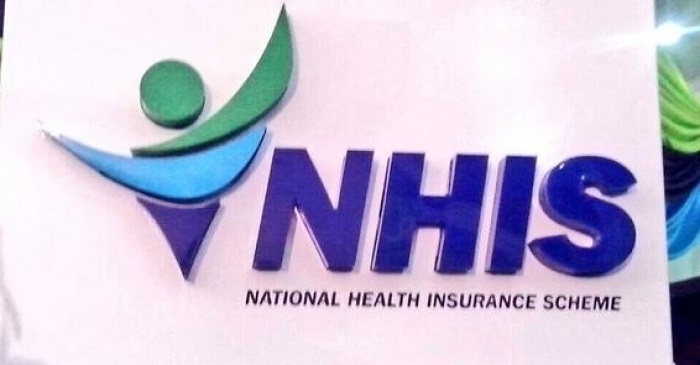The National Health Insurance Authority (NHIA) has made additional payment of over GH¢ 200,000,000 to service providers.
The addition brings to a total GH¢598, 940, 611.70 paid to NHIS service providers as claims payments and includes withholding taxes due to them.
The Authority, prior to the announcement in Parliament by Finance Minister, Ken Ofori-Atta a couple of months ago, had already disbursed in excess of GH¢92 million Cedis following which additional funding of GHC300, 000, 000 was received from the government.
These payments were effected between January 1 and June 16, 2020.
Public health facilities received GH¢315,673,613.56 representing 52.8% of the payments whiles the private service providers have been paid pegged at 28.8%.
Mission health facilities (CHAG) have received GH¢ 100,447,987.95 representing 16.8% and Quasi-Government service providers have been paid GH¢10,030,051.21 representing 1.7% of the total payments made so far.
The NHIA in a statement issued by it Corporate Affairs Directorate said it is committed to further reduce any outstanding claims to ensure that the Scheme’s members continue to receive quality healthcare while ensuring that service providers who are critical partners in the NHIA’s drive to attain Universal Health Coverage (UHC) are adequately resourced.
Management of the Scheme recently re-assured service providers and the general public of their commitment to ensure prompt payment of claims and the judicious use of tax payers’ funds.
Historically, the NHIA paid on average GHC85 million as monthly Claims bills to service providers and so the latest prompt payments indicates that a little over GHSIOO million Cedis is being paid to cover every month.
“As a major stakeholder in the fight against the Covid-19 pandemic, the NHIA is determined to reduce any outstanding claims due service providers to ensure that adequate resources are available to all healthcare facilities.
Management also strongly urges healthcare facilities to promptly settle their debts to the pharmaceutical companies to avoid any disruptions in the medicine supply chain, “it said.
By Jamila Akweley Okertchiri


